Go back
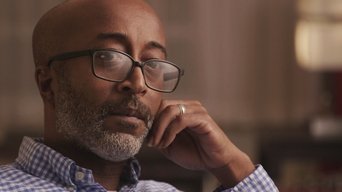
The Education of T.M. Landry
Episode number: 1
Overview: A tiny school in rural Louisiana attracted national attention for sending students to the Ivy League. But a New York Times investigation shows that the viral success stories were full of deception, and that the truth was much darker.

The Myth of the Medallion
Episode number: 2
Overview: New York City taxi drivers have been pushed to bankruptcy, foreclosure - even suicide. A yearlong investigation into the collapse of the taxi medallion industry reveals how the system was rigged against the drivers, and who profited from it.

Baby Constantin
Episode number: 3
Overview: The separation of children from their families at the border remains among the most controversial practices of the Trump administration. The Weekly uncovers the untold story of Baby Constantin, who spent most of his first 10 months of life separated from his parents by the American government.
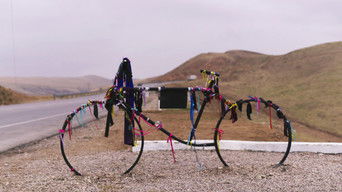
Collision
Episode number: 4
Overview: An idealistic American couple bicycling around the world. A group of young men radicalized by ISIS. The Weekly investigates how these lives tragically intersected on a remote mountain pass.

Inauguration, Inc.
Episode number: 5
Overview: With exclusive documents, photos, interviews and found footage, The Weekly and The New York Times's Washington reporters piece together an anatomy of President Trump's inauguration, the most expensive inaugural weekend the country has ever seen.
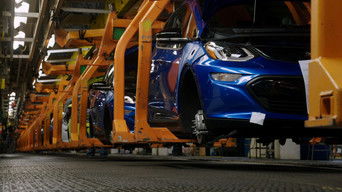
The End of the Line
Episode number: 6
Overview: As an iconic car company transforms itself into a tech company, thousands of auto workers will lose their jobs. No one thinks it's fair, but does the American economy have room for fairness anymore?

Connecting The World
Episode number: 7
Overview: A horror story about Facebook scammers who pose as American servicemen and prey on vulnerable women - and the tech company that does little to stop it.
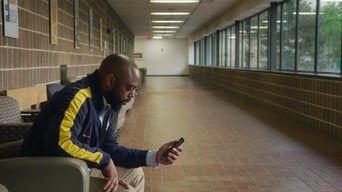
Hard Left
Episode number: 8
Overview: How far is too far? Inside the circle of young activists who are pushing the Democratic party further to the left as its presidential candidates vie to unseat President Trump.

The Rabbit Hole
Episode number: 9
Overview: YouTube played a major role in the election of an extreme right-wing president in Brazil. If YouTube can change a huge country's trajectory, what else can YouTube do?
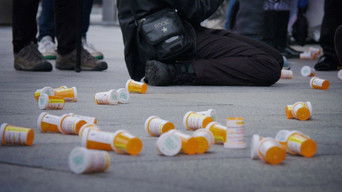
The Memo
Episode number: 10
Overview: In 2007, the Justice Department had a chance to hold drug company executives accountable for the escalating opioid epidemic, yet at the last minute the charges were watered down. In the years since, the opioid epidemic has claimed tens of thousands of lives.

The Six Million Dollar Claim
Episode number: 11
Overview: What happens when the medicine a family needs to survive costs $1.5 million a year? Who pays the bill? And who's reaping the profits?
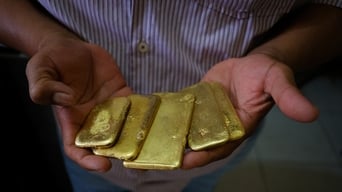
Apple's Gold
Episode number: 12
Overview: How can gold from illegal Colombian mines make its way to the phone in your pocket? "The Weekly" traces the supply chain run by violent paramilitaries.

The Blueprint
Episode number: 13
Overview: Russia's meddling in the 2016 U.S. election felt like a bolt from the blue. It wasn't. Moscow used crude versions of the same tactics, to great effect, a decade earlier in faraway Estonia.
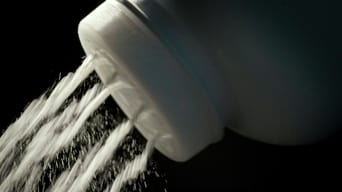
V. Johnson & Johnson
Episode number: 14
Overview: Johnson & Johnson publicly insisted that its baby powder was safe. But asbestos was a concern inside the company for years. Only now is the truth coming out.
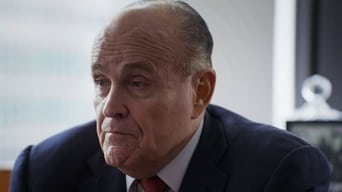
Rudy! Rudy?
Episode number: 15
Overview: After 9/11, he was a national hero: America's Mayor. Now his back-channel work in Ukraine has helped spark an impeachment process that may forever tarnish both him and his client, President Trump. What happened to Rudy Giuliani? An FX Original Series. Sundays at 10 PM.

Segregated City
Episode number: 16
Overview: New York's school system is among the most segregated in the country. Student activists are demanding change. Can a new schools chancellor finally deliver equal opportunities for all? An FX Original Series. Sundays at 10 PM.

Mr. McGahn
Episode number: 17
Overview: Most Americans don't know Donald McGahn's name. But they will be living with his legacy for decades to come. THE WEEKLY tells the story of perhaps the most influential person in the Trump administration. An FX Original Series. Sundays at 10 PM.

Guilty by Machine
Episode number: 18
Overview: Are police breathalyzers fundamentally flawed? Do they even work? The Weekly investigates one of the most widely used forensic tools in law enforcement.

Hands On
Episode number: 19
Overview: THE WEEKLY investigates the culture of sexualized yoga, unwelcome adjustments and outright assault in one of the most accessible, affordable forms of group fitness in America.
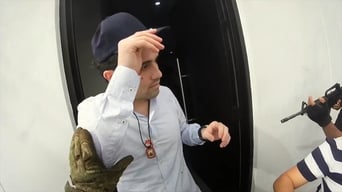
El Chapo’s Son: The Siege of Culiacán
Episode number: 20
Overview: When Mexican forces came to arrest the son of a notorious drug lord, it ignited war on the streets of Culiacán. Using never-before-seen video and eyewitness accounts, The Weekly investigates how the Sinaloa Drug Cartel took on the Mexican army and won.

Fake Believe
Episode number: 21
Overview: Don't trust your eyes. The Weekly goes inside the race to create the first perfect deepfake - an ultrarealistic fake video that could permanently undermine your ability to trust what you see and hear.

The Hot List
Episode number: 22
Overview: A mysterious man emerged with an explosive claim: he said he had thousands of hours of surveillance footage from Jeffrey Epstein's mansions that showed some of the most powerful men in America having sex. Then his story took a turn.

The Gallagher Effect
Episode number: 23
Overview: THE WEEKLY has obtained exclusive videos, including confidential law enforcement interviews with Eddie Gallagher's fellow Navy SEALs.

My Blood
Episode number: 24
Overview: A 16-year old girl is the youngest person to receive an experimental treatment that could be the first genetic cure for a common disease. If it works, millions of people around the world could benefit.

The Endorsement
Episode number: 25
Overview: For more than a century, The New York Times editorial board has endorsed a presidential candidate every four years. And now, for the first time, their decision-making process will be filmed & revealed to the public in this exclusive episode of The Weekly.

Fire And Water
Episode number: 26
Overview: The siege of Hong Kong Polytechnic University incited 12 days of pure chaos as the world watched in real time on social media. The Weekly reconstructs what happened through the eyes of the reporters and the protesters who were there.
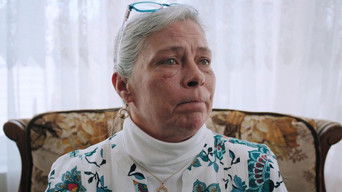
The Promise
Episode number: 27
Overview: After a year-long investigation, metro reporter Benjamin Weiser comes across a horrific case of abuse inside one group home in The Bronx, New York.
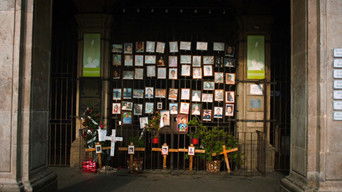
The Sicario
Episode number: 28
Overview: A notorious hitman - who claims to have killed about 100 people - may walk free without being charged with a single crime.

Balaraba
Episode number: 29
Overview: Balaraba was a teenager when she was kidnapped by Boko Haram fighters in Nigeria. She refused to carry out a suicide bombing, saving dozens of lives. Now for the first time, she's sharing her story openly.

Open Arms
Episode number: 30
Overview: American arms manufacturers are supplying bombs in a war that is considered the world's worst humanitarian crisis. Schools, hospitals and mosques are often targets. Why does the U.S. allow this? The Trump administration believes it creates jobs.